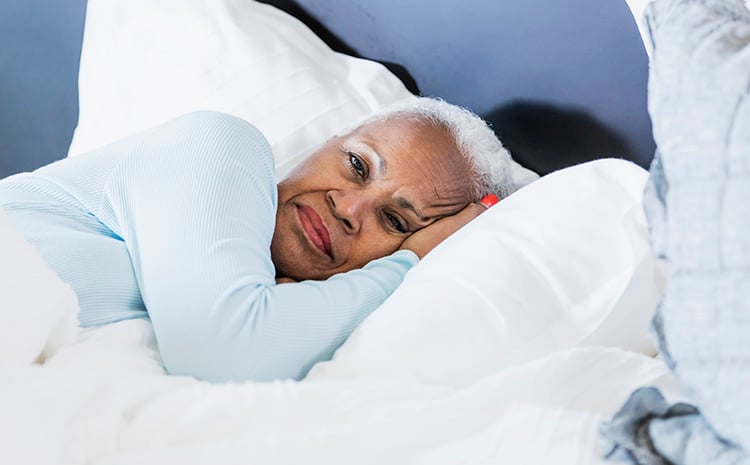I have a friend. Well, several. But this particular friend is a joy. You know the type: upbeat and encouraging – sweet and kind – always ready to lend a hand, whether it be physical or emotional, to help the people around her through challenges and difficult times.
She’s the type of friend who will leave her bed at two in the morning, still in pajamas, pillow in hand, to come stay with you because you called and told her you didn’t want to be alone. It’s almost like a Super Power…a strength in her character that lets you believe – no, KNOW – that things are going to be better just by being in her light. I’m not afraid to admit that I have basked in that light many times when I felt things were too difficult to carry alone and I’ve always been a better person for it.
But every year around November I begin to see a change in her. A shift of calm that leaves you feeling a bit unsettled, without really knowing why. My friend suffers from Seasonal Affective Disorder, or S.A.D. for short, and because of this, has a difficult time navigating the colder, darker seasons of our Pennsylvania calendar. My other friends and I can always tell when this starts by the completely out-of-character demeanor she projects. She suddenly becomes quiet. She doesn’t sleep well most nights but then will have a period where all she wants to do is sleep. Her words of encouragement are silent, her helping hands are tired…her light is dim.
What causes S.A.D?

While the specific cause of seasonal affective disorder remains unknown, studies indicate a person’s levels of either melatonin or serotonin may be linked to S.A.D. Both serotonin and melatonin help maintain the body’s daily rhythm tied to the seasonal day-night cycle. In people with S.A.D., changes in serotonin and melatonin disrupt normal daily rhythms. Melatonin is a sleep-related hormone. During the darker winter months, people with S.A.D. may produce too much melatonin, which can increase sleepiness and lead to oversleeping. Serotonin helps regulate mood. Reduced sunlight, such as in winter, can cause a drop in serotonin which may trigger depression.
Symptoms of S.A.D.
Although it’s not uncommon for people to suffer from depression around the holidays, S.A.D. is different. It’s a more intense depression that only affects around 5% of the population and has stringent criteria to be diagnosed, including completing a medical exam to rule out any other factors. It presents in ways such as:
- Feeling hopeless
- Changes in sleep patterns
- Loss of energy
- Inability to focus
- Slowed thinking
- Changes in appetite
- Agitation and/or pacing
- Slowed speech
- And in severe cases thoughts of suicide.
Coping with S.A.D.

The Mayo Clinic offers tips on coping with Seasonal Affective Disorder by lifestyle modifications as well as treatment interventions including:
- Eat a well-balanced diet
- Exercise moderately
- Get enough sleep with a consistent schedule
- Consider lightbox therapy
- Discuss treatment options with your health care provider
Thankfully my friend has a ‘mild” case, but it can still be debilitating. This is the time of year when the rest of us gather around her and offer our help, encouragement, and love to help her through her challenges. Getting her out on the sunnier days, breathing in the fresh air. Since motivation is a challenge, we bring her meals, and we make sure to be that friend who comes when called, any time, day or night.
If you feel that you, or someone you know, could be suffering from S.A.D. I encourage you to seek professional help, and please don’t try to navigate through it yourself. There is so much help out there and you, and your light, deserve to have it.
